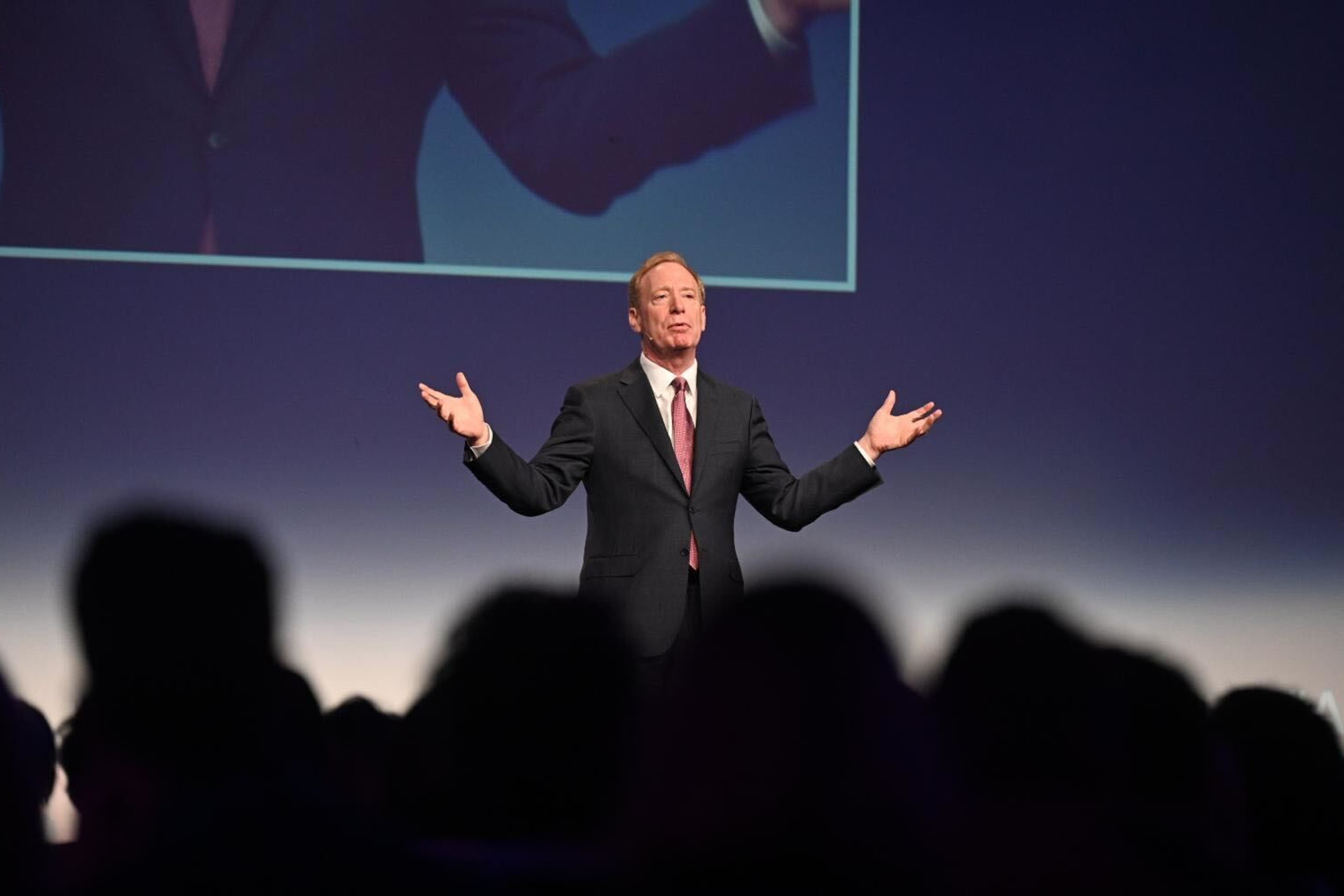To understand the potential and risks artificial intelligence poses to the future of society, considerations of the lessons from the technological past are required. The decided notes of caution and optimism were clear from opening keynote speakers at the IAPP AI Governance Global 2024 in Brussels, Belgium.
There is notable excitement and enthusiasm around AI's possibility to change nearly every industry, fueling new advancements seemingly every week. But the hype is paired with inherent risks stemming from the technology's data-fueled needs, sparking caution and driving a regulatory push around the globe.
Shannon Vallor, a professor of ethics of data and AI at the Edinburgh Futures Institute, did not shy away AI's potential. She noted its medical and detection capabilities, such as predicting cancer, cutting sepsis rates and helping locate landmines, show how far machine learning has come in its ability to understand patterns.
Those targeted applications using specific data are different than the large language models which are trained using huge swaths of data, Vallor said, arguing the current fascination with the latter could hamper the technology’s potential for good overall.
"It's possible that the AI ecosystem is becoming unbalanced, with more and more attention, resources and talent being drawn to energy-hungry generative AI applications, possibly at the expense of more targeted and sustainable approaches," Vallor said.
AI's reliance on data makes it a mirror of humanity’s values and past decisions, according to Vallor. That can be enlightening, but she indicated the need for caution has been evident for years. For example, she raised the case of algorithms meant to help streamline processes have in some cases instead discriminated against Black patients and unfairly targeted recipients of child welfare benefits in the Netherlands.
Those types of negative outcomes could be a result of human judgments or system designs, but Vallor argued they do not have to define how humanity uses AI.
"There is nothing to fear from a mirror itself. What we should fear and refuse to accept is any AI-driven loss of human self-understanding and confidence and human freedom and potential," she said.
Microsoft Vice Chair and President Brad Smith brought a more optimistic outlook to AIGG attendees. He discussed how AI should join the pantheon of general-purpose technologies which have the capacity to change the world’s economy.
Smith pointed to the printing press and electricity, both of which spawned multiple industries as well as radically changed the regions where they were quickly adopted. Technology stacks evolved from both inventions as well, a clear correlation to the ongoing AI evolution.
But whereas the printing press was relatively cheap, the infrastructure to create AI is looking more like the power plants supplying electricity, Smith said. Part of the responsibility inherent to AI companies is to ensure its capabilities are accessible to everyone, rather than limiting it to those who can simply afford them.
Smith highlighted investments made by Microsoft and other companies to create infrastructure and upskill workers around the world.
“In a sense, we're trying to do what Thomas Edison never tried to do himself — to build the equivalent of power plants, to bring AI data center capacity in every part of the world," he said. "I don't think any one of us should want to see the colonial powers of the 19th century just replaced by technology powers of the 21st."
Smith said such investments are crucial to the industry's future, but also cautioned that the companies driving those innovations cannot work in a vacuum. He called for a global "regulatory floor," one which he said is already starting to take shape with actions like the passage of the EU AI Act, the G7 guiding principles on AI and the U.N.'s AI resolution.
"We need this technology to reach everyone in the world. We need the technology to serve the world," he said. “And we need this technology to be governed by the elected democracies pursuant to the rule of law, so that it remains accountable to the world."

